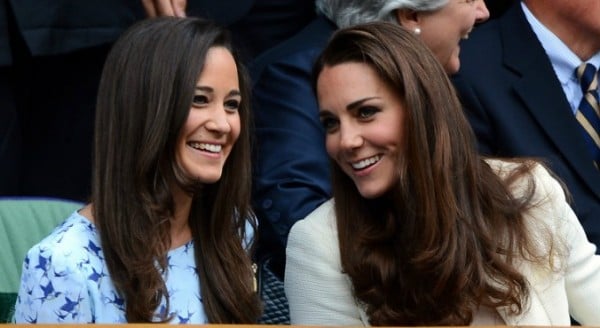
When it comes to hair this season, fashion magazines and blogs are scrambling to tell us how to achieve “rich girl hair”. Having shiny, long hair with the barest hint of a wave in it – think Kate Middleton and Lauren Conrad when she was on The Hills – is what “rich girl hair” is all about.
I like the look of “rich girl hair”, but let’s make this clear: I hate the name of it.
Related: “I made my husband vagina art and ended up in hospital.”
Branding glossy, straight manes as “rich girl hair” implies that anyone with hair that doesn’t fit into that category is poor and undesirable. This immediately imbues one particular group of people – the ones with flat, gleaming hair – with privilege and status.
“It’s just a silly name,” you might say.
But it’s beauty terms like this that can unwittingly exclude people, and can cause those who don’t fit the bill to feel as though we cannot be beautiful.
Related: 6 ways you’re ruining your hair colour without even realising.
The term “rich girl hair” represents what beauty writing used to be: a guide on how to look “right” and fit in with a non-diverse society.


